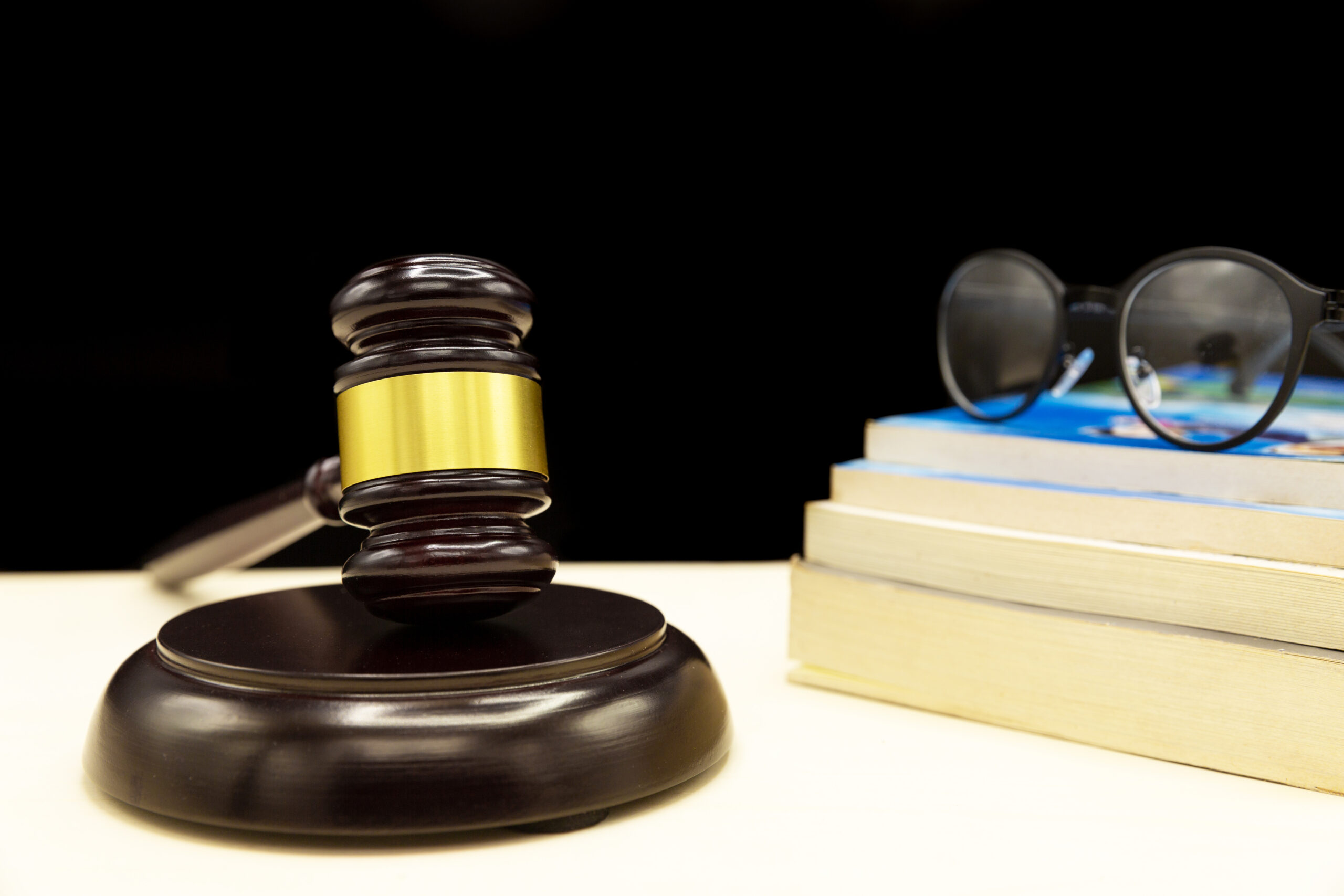Most drivers have received a speeding ticket at some point. Speeding violations are recognized as the most common traffic violation, and while exceeding the speed limit typically results in a minor traffic violation, under certain circumstances, a speeding driver can be charged with a felony. Leyba Defense is here to clarify “when is speeding a felony” and the legal implications of such charges.
Understanding Speeding Violations and Speeding Ticket
Speeding violations occur when a driver travels above the posted speed limit. A speeding violation is considered a moving violation and can have significant legal and financial consequences. The severity of the offense depends on how much you exceed the limit.
Speeding violations can negatively impact a driver’s driving record, leading to higher insurance premiums and potential license suspensions. Generally, minor speeding violations result in a ticket and a fine. However, excessive speeding or violations combined with other factors can lead to more serious consequences.
When Speeding Becomes a Felony or Reckless Driving Charge
The specific thresholds for felony speeding vary by state. However, in many states, speeding becomes a felony when a driver significantly surpasses the speed limit. This could be exceeding the speed limit by a certain number of miles per hour (MPH) or exceeding a specific percentage above the limit, resulting in serious speeding charges.
For instance, some states might consider speeding a felony if you’re driving 40 mph or more over the posted limit. Other states might categorize it as a felony if you’re caught speeding and it results in serious injury or property damage. The minimum sentence for felony speeding charges often includes mandatory jail time or substantial fines, reflecting the severity of the offense.
Factors Leading to Felony Speeding Charges
Several factors can contribute to a speeding violation being upgraded to a felony charge. Here are some key considerations:
- Extreme Speed: Exceeding the speed limit by a substantial margin significantly increases the risk of a felony charge.
- Repeat Offenses: A speeding driver with multiple violations within a short period can elevate a speeding ticket to a felony offense.
- Reckless Driving: Speeding combined with reckless driving behavior, such as swerving in and out of traffic or fleeing from law enforcement, can lead to felony charges.
- Serious Injury or Property Damage: Speeding that results in an accident causing significant injury or property damage might be considered a felony. In such cases, community service may also be imposed as a penalty.
- Loss of Driving Privileges: Severe speeding offenses can result in the loss of driving privileges, impacting the driver’s ability to operate a vehicle legally.
In addition to excessive speed, reckless driving behaviors such as weaving through traffic or disregarding traffic signals can also elevate a speeding violation to a more serious offense.
Legal Consequences of Felony Speeding
The consequences of a felony speeding conviction are far more severe than a typical speeding ticket. Here’s a glimpse of what you might face:
- Jail Time: Felony speeding convictions can result in significant jail sentences, potentially ranging from months to years.
- Heavy Fines: In addition to jail time, hefty fines can be imposed for felony speeding charges.
- Driver’s License Suspension or Revocation: Your driver’s license could be suspended or revoked for an extended period, especially with multiple violations in a defined timeframe.
- Increased Insurance Rates: Felony speeding convictions will likely lead to a substantial increase in your car insurance premiums.
- Long-Term Impact on Record: A felony speeding conviction stays on your criminal record, potentially hindering future employment or educational opportunities.
Long-Term Impact on Record: A felony speeding conviction stays on your criminal record, potentially hindering future employment or educational opportunities.
Defending Against Felony Speeding Charges
If you’re facing a felony speeding charge, seeking legal representation is crucial. An experienced traffic attorney can help you understand your rights, navigate the legal process, and develop a strong defense strategy.
Hiring a traffic ticket attorney can lead to better outcomes in court, as experienced lawyers can navigate the legal system and advocate effectively for their clients.
In some cases, drivers facing felony speeding charges may be eligible for deferred prosecution programs. These programs, similar to DUI deferred prosecution, allow defendants to avoid a conviction by completing certain requirements, such as attending traffic school or community service.
Leyba Defense provides comprehensive legal support for traffic violations, including felony speeding charges. Contact us today for a consultation.
Avoiding Speeding Tickets and Potential Penalties
While speeding tickets are a common occurrence, there are steps drivers can take to avoid them and mitigate the potential consequences.
Adhering to Posted Speed Limits
The most effective way to avoid speeding tickets is to closely monitor your speed and obey the posted speed limits. Being mindful of speed limit signs and adjusting your driving accordingly can help you steer clear of traffic infractions.
Navigating Interactions with Law Enforcement
If you are pulled over for a speeding violation, remain calm and cooperative with the officer. Avoid making excuses or arguing, as this could escalate the situation. Politely accept the ticket and plan to address it in court.
Contesting Speeding Tickets
If you believe the speeding ticket was issued unfairly or the officer made a mistake, you have the right to contest it in court. Hiring a traffic ticket attorney can improve your chances of having the charges reduced or even dismissed. An experienced lawyer can scrutinize the evidence, challenge the officer’s observations, and negotiate on your behalf.
Potential Consequences of Speeding Violations
Speeding tickets can have lasting consequences, including increased insurance rates, license points, and potential license suspension or revocation, especially for repeat offenses. In some cases, excessive speeding can even lead to felony charges, resulting in hefty fines and possible jail time. Understanding these potential penalties can motivate drivers to be more cautious behind the wheel.
By staying vigilant, cooperating with law enforcement, and seeking legal assistance when necessary, drivers can avoid the costly and inconvenient repercussions of speeding tickets. Contact Leyba Defense for a free consultation if you need help defending against a speeding violation. In addition to felony speeding charges, drivers may also face the possibility of a minor DUI arrest if impaired driving is suspected in conjunction with excessive speeding. Leyba Defense has extensive experience defending clients against both speeding violations and related DUI charges. Our team can provide guidance on the legal implications and help determine the best strategy for your case, whether it involves negotiating a plea deal or challenging the charges in court.
Conclusion
Understanding “when is speeding a felony” can help you avoid severe legal repercussions. Always obey the speed limit and drive responsibly to ensure your safety and the safety of others on the road. Even minor speeding violations can accumulate and have unintended consequences. Remember, staying informed about traffic laws and the potential consequences of speeding violations empowers you to make informed decisions as a driver.




